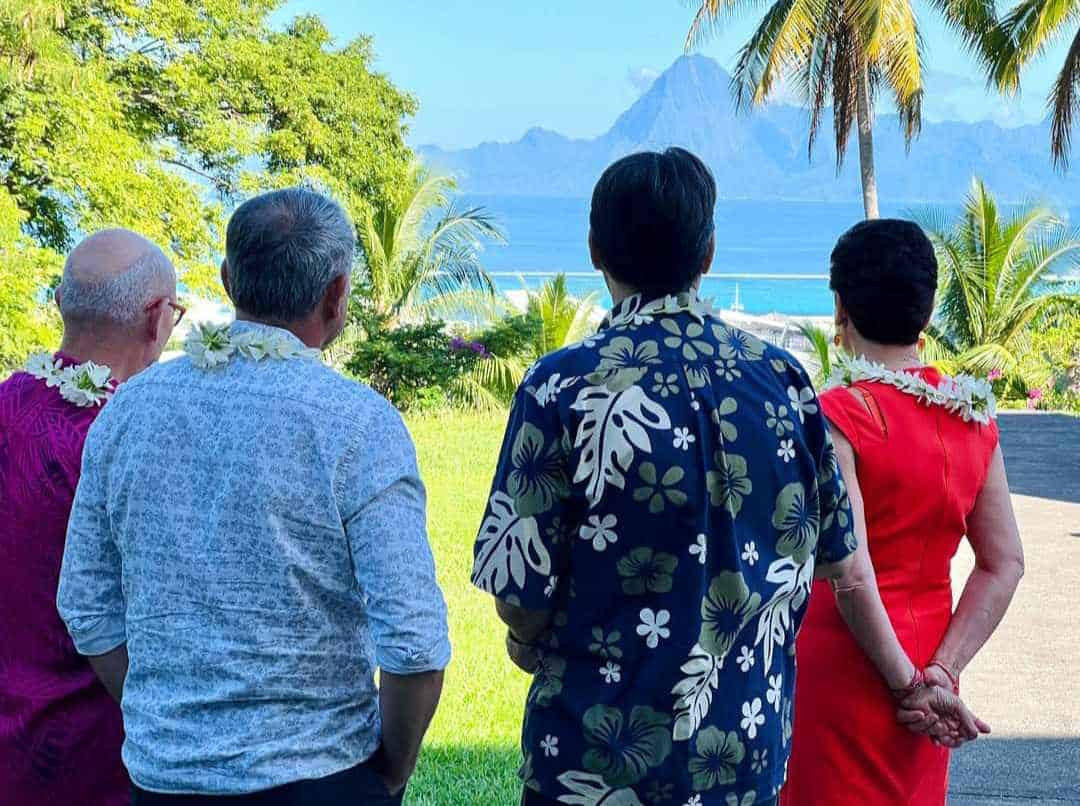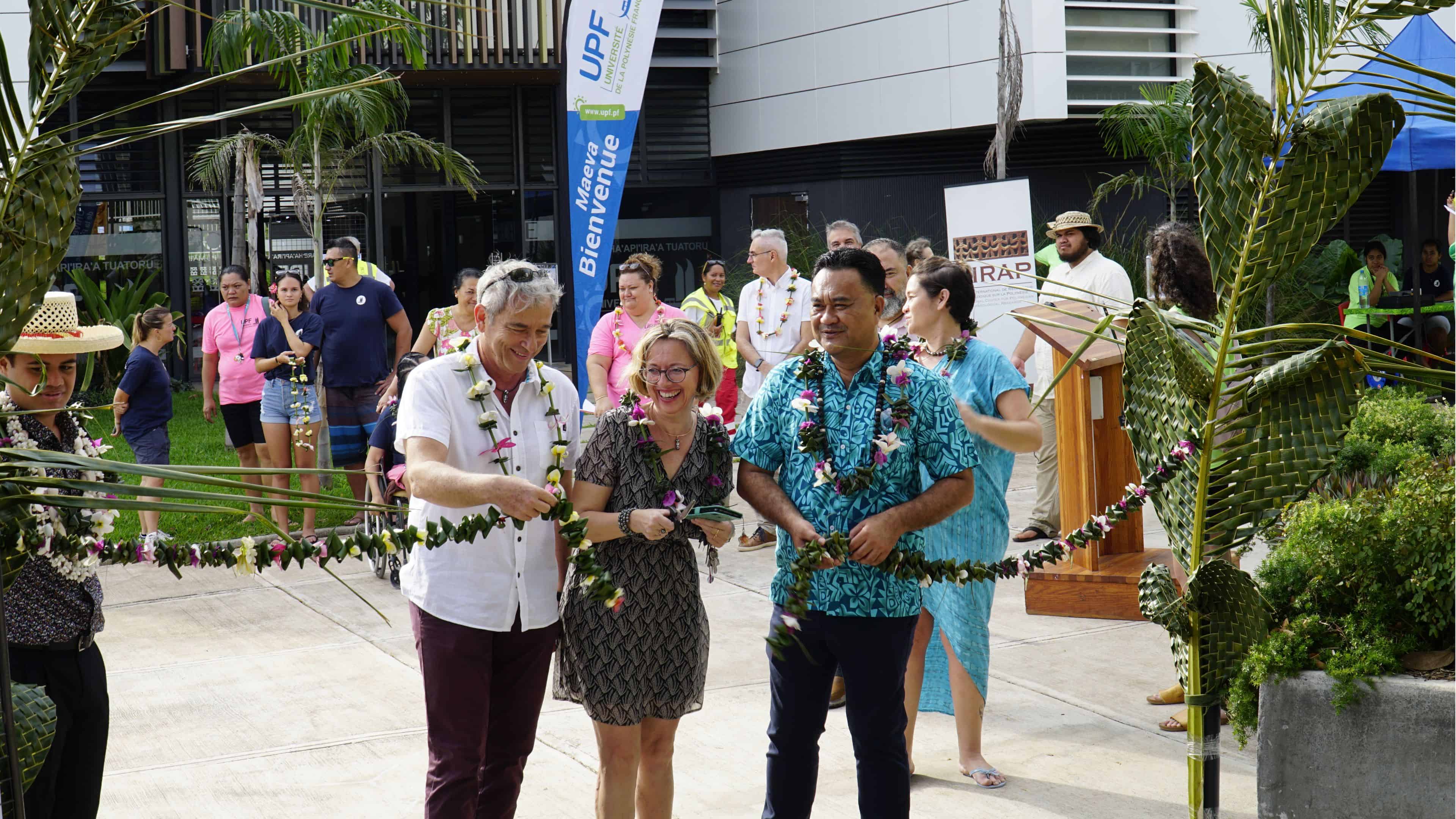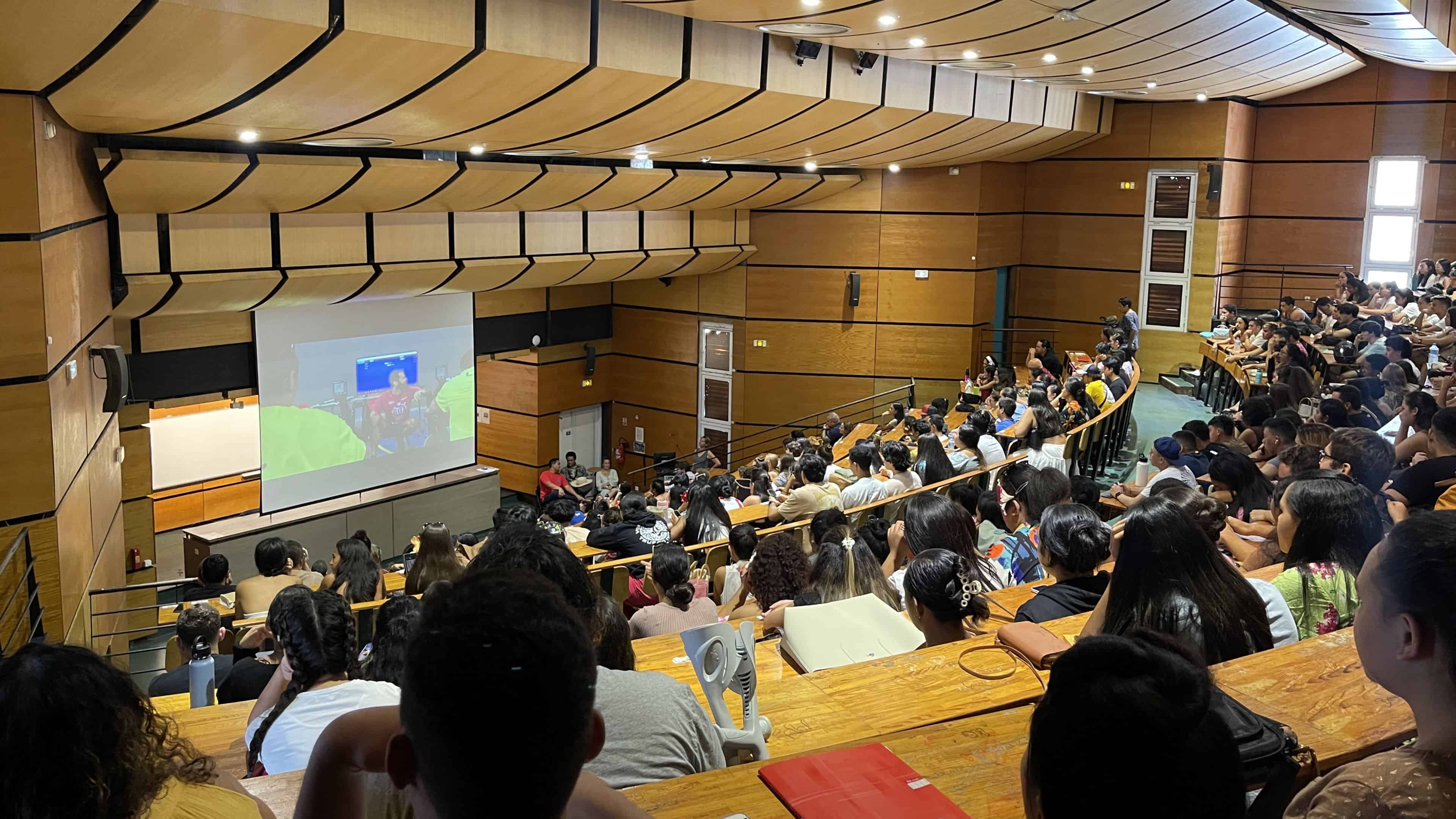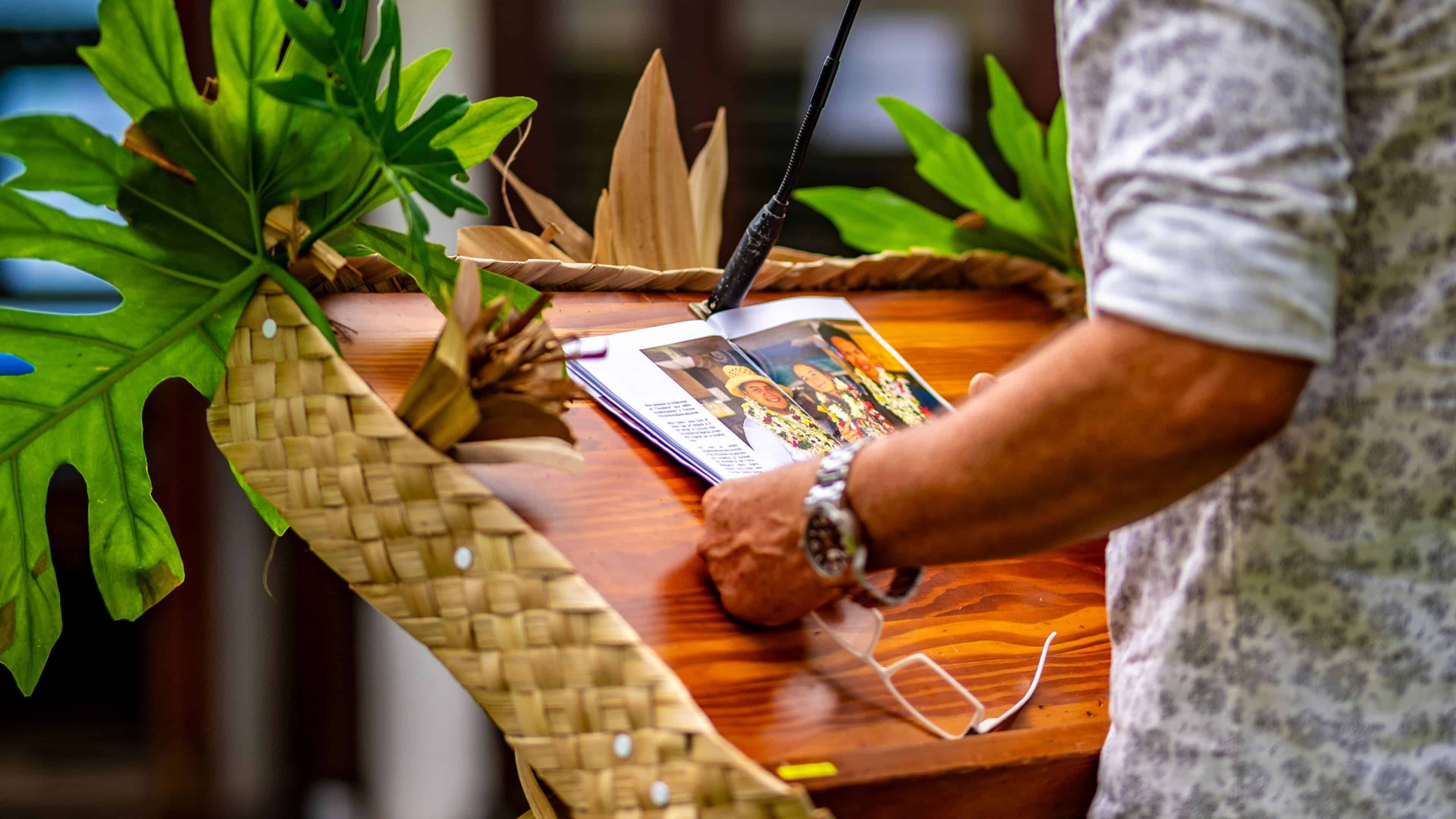
In the heart of the Pacific Ocean, at the crossroads of the French-speaking world, the Anglo-Saxon world and the languages and cultures of Asia and Oceania, the University of French Polynesia aspires to become a multilingual university with international outreach as one of its priorities. UPF aims to integrate itself into its Pacific environment and contribute to the construction of the European and global space for higher education and research.
With the support of its International Relations Service, the university is developing a strategy for international academic cooperation by enhancing the mobility of all stakeholders, strengthening the coordination between education and research at the international level, developing international programs, consolidating bilateral cooperation and promoting network collaborations. Resolutely open to the world, the University of French Polynesia aims to contribute to the international influence of education, knowledge and research.
Erasmus+ Charter for Higher Education 2021-2027 at UPF
In line with its overall strategy of research and exchanges UPF intends to play an active part within the international community of the Pacific area. The establishment of the Confucius Institute in connection with the Beijing Institute of Diplomacy, the establishment of the House of Human Sciences of the Pacific (CNRS), and the ongoing EUR Pacific project with the University of New Caledonia focusing on “sustainable development and the diversities of the Pacific islands ” bear witness to this.
Useful forms and links
In this perspective, UPF is developing three major axes:
Actions and Implementation:
Implementation of language policy
-
Appointment of a language policy officer (self-learning and certification)
-
Establishment of a language school (self-learning and international certifications) and hosting of an English lecturer (Univ. of Hawaii) with the support of MESRI (plan “Welcome to France”);
-
Establishment of an International Relations welcome desk, redesign of the International relations website (in progress) to make UPF’s offerings attractive and valorization of student engagement (e.g. welcoming and supporting foreign students).
Implementation of partnerships
-
Ongoing Erasmus agreements under negotiation with Sapienza (Italy) and Corvinus University (BCE-Budapest) and Eötvös Loránd Tudományegyetem (ELTE-Budapest);
-
Erasmus+ KA107 project (submitted) with URDSE in Phnom Penh (Cambodia) for a professional degree and co-degree projects with Open University in Ho Chi Minh City (Vietnam) for a professional degree in Hospitality and Tourism, and a Master’s in MCI option tourism with the Business School of Victoria University of Wellington (New Zealand).
Implementation of the diversification of the Erasmus strategy
-
Consolidation of student mobility (increased number of students in mobility programs, internships, and organization of Summer Schools) and staff mobility (calls for projects for mobility arbitrated by an elected body of UPF) as well as experts (e.g., mobility of a German accounting professional as part of UPF’s CCA master’s program) ;
-
Encouraging Erasmus trainings for administrative staff
-
Setting up delocalized diplomas or co-diplomas: e.g. Master of International Commerce (MCI) with Victoria University, to provide an employability passport to the Anglo-Saxon and French-speaking professional world (support for internships) ;
-
Support for joint research projects:
-
Either within the framework of thesis co-tutelles and hosting of European and non-EU PhD students.
Either from UPF federative structures such as the House of Human Sciences of the Pacific (MSH-P) (see the Linkeast project on East Polynesian languages with the Max Planck Institute in Iena and ANU, or the recent symposium on the Indo-Pacific and the Silk Roads, proceedings to be published by CNRS) or CIRAP on ethnoarchaeological research (with Paris 1, CNRS, Univ. of New Caledonia and ANU). CNRS) or CIRAP on ethnoarchaeological research (with Paris 1, CNRS, Univ. of New Caledonia and ANU) or the Tahiti Geodetic Observatory in charge of monitoring the evolution of mass distribution on the earth’s surface and the rise of the oceans (with CNES, NASA and some twenty observatories in many countries).
-
Or in partnerships forged by UPF research laboratories
-
Related pages

The University of French Polynesia has nearly 30 partner institutions in 18 countries.

International training and projects
Nārua was born out of an unprecedented consultation of UPF communities and partners, revealing a strong concern for academic success and professionalization

For training and research, find out about international calls for projects and applications. Don’t hesitate to respond. If you would like to receive support in setting up your projects, please contact the International Relations Department.
